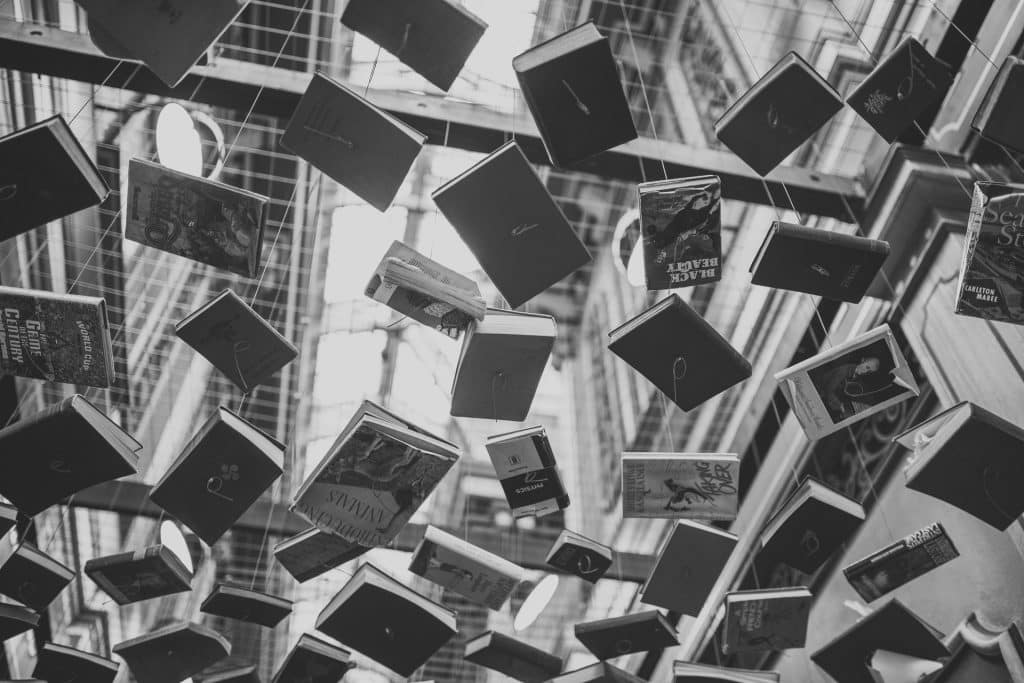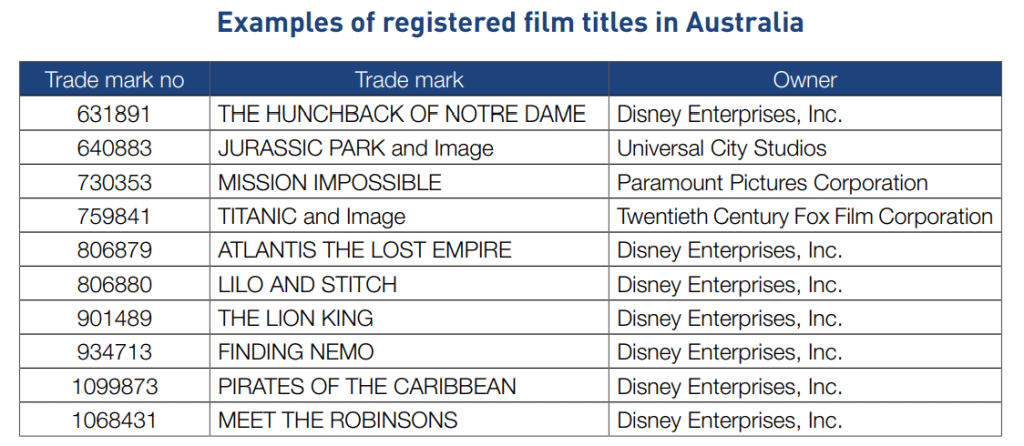
Used under a Creative Commons Licence
Can You Protect Your Book Title? Copyright and Trade Mark
How to Protect Your Book Title
In our law firm, we often get asked by authors whether and how they should protect their book title. Sometimes the problem is that two people in the world have the same book title for a different book. Other times authors just wish to exercise caution. In order to protect your book title, you cannot rely on trade marks. As a general rule, book titles cannot be trade marked due to one simple reason. That reason is that trade marks generally exist to protect the reputation in goods and services. Trade mark laws do not fully fulfil the function of protecting book titles.
In contrast, the trade marks ‘PENGUIN’, ‘LEXISNEXIS’ and ‘ALLEN & UNWIN’ are all big book publishers and are all registered trade marks in Australia. What these three trade marks have in common is that they protect publishing services and they apply to a number of books. Notably, they protect the name in relation to publishing.
Another exception would be series books. If you want to protect your book title, then creating more than one book under the same or similar title can be classified as series trade marks. Examples include:
- The Chronicles of Narnia
- Star Wars
- For Dummies
- Chicken Soup for the Soul
- Harry Potter
What about Copyright?
In order to be protected under copyright law, you need to have an original work which is more than one line. In other words, copyright protection does not extend to titles (the same applies to short slogans, phrases and subtitles). Thus copyright will not protect your book title.

Can you Copyright the idea or theme for a book?
Copyright law protects the expression of an idea but not the idea itself. For example, two different people may come up with the same idea to make a science feature book featuring future technology with a focus on augmented reality. This would be fine as it is simply the same theme. However, it would be different if both would have similar plots, subjects, character types and narrative types. If one author was significantly inspired by the first author, that could amount to copyright infringement.
In fact, back in the 1980’s, there was a case involving a breach of copyright in relation to a dramatic plot. Here, the makers of this screenplay ‘Jaws’ claim that an Italian company had infringed ‘Jaws’ by producing an Italian film called ‘Great White’. The judge took the view that, there was a sufficient objective similarity between the two films and that the ‘Great White’ was too similar to ‘Jaws’. The judge concluded that,
“Practically all the principal situations and characters in Jaws are faithfully reproduced … the same stretch of coastline in the same country is reproduced as the location. … Then, one after the other, easily recognisable characters appear and recognisable incidents occur.”
In that case, the judge also referred to the much-quoted ‘rough practical test’ to determine what constitutes a ‘substantial part’ of a copyrighted work: What is worth copying is worth on the face of it worth protecting. You can read more regarding protecting movie and film titles here.
Examples of movies titles that have been trade marked:

Conclusion – What can we do to help you
If you are an author, songwriter, movie producer and you want to understand your legal rights, please contact us at Sharon Givoni Consulting.
Please note the above article is general in nature and does not constitute legal advice.
Please email us info@iplegal.com.au if you need legal advice about your brand or another legal matter in this area generally.


